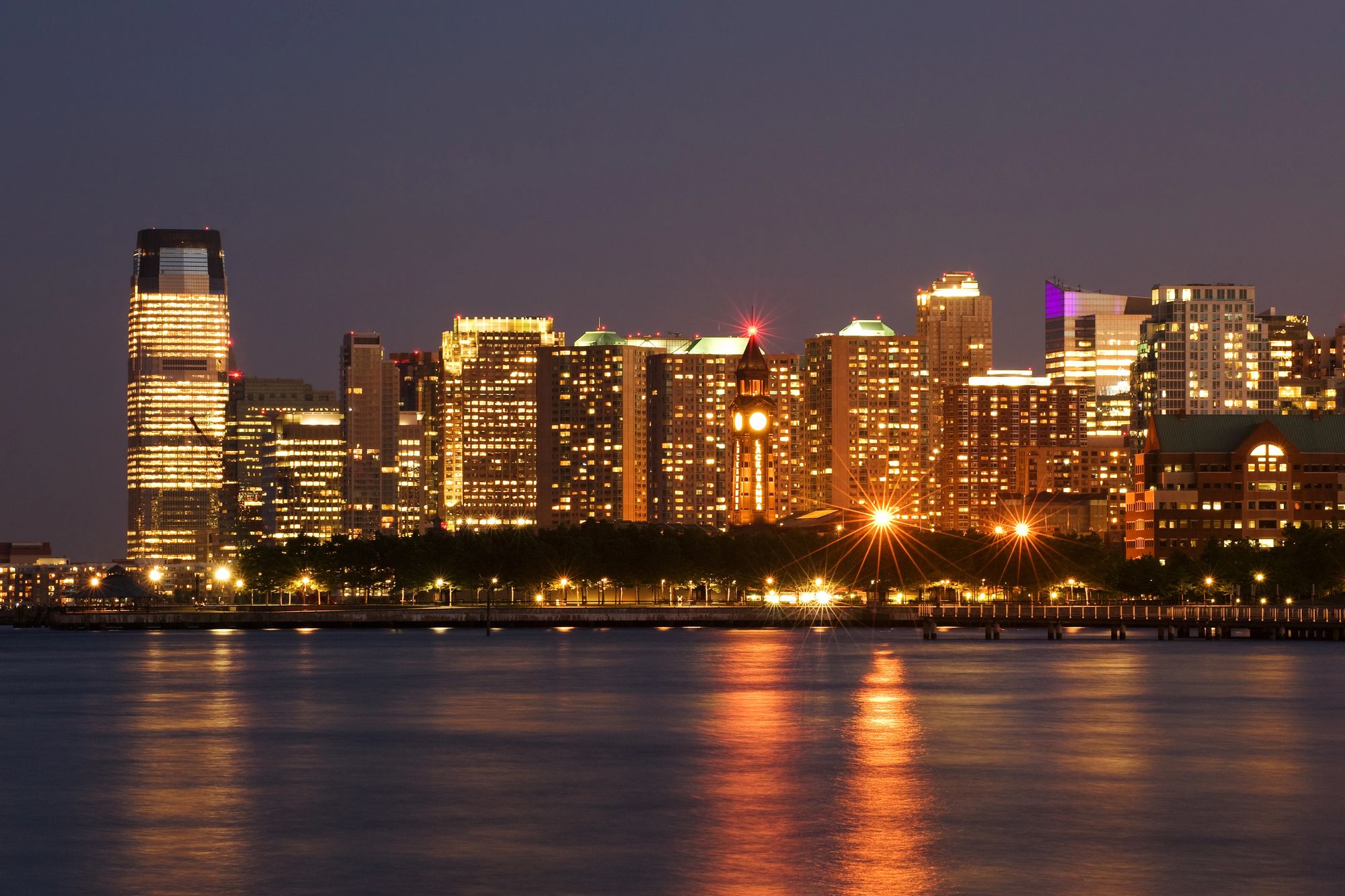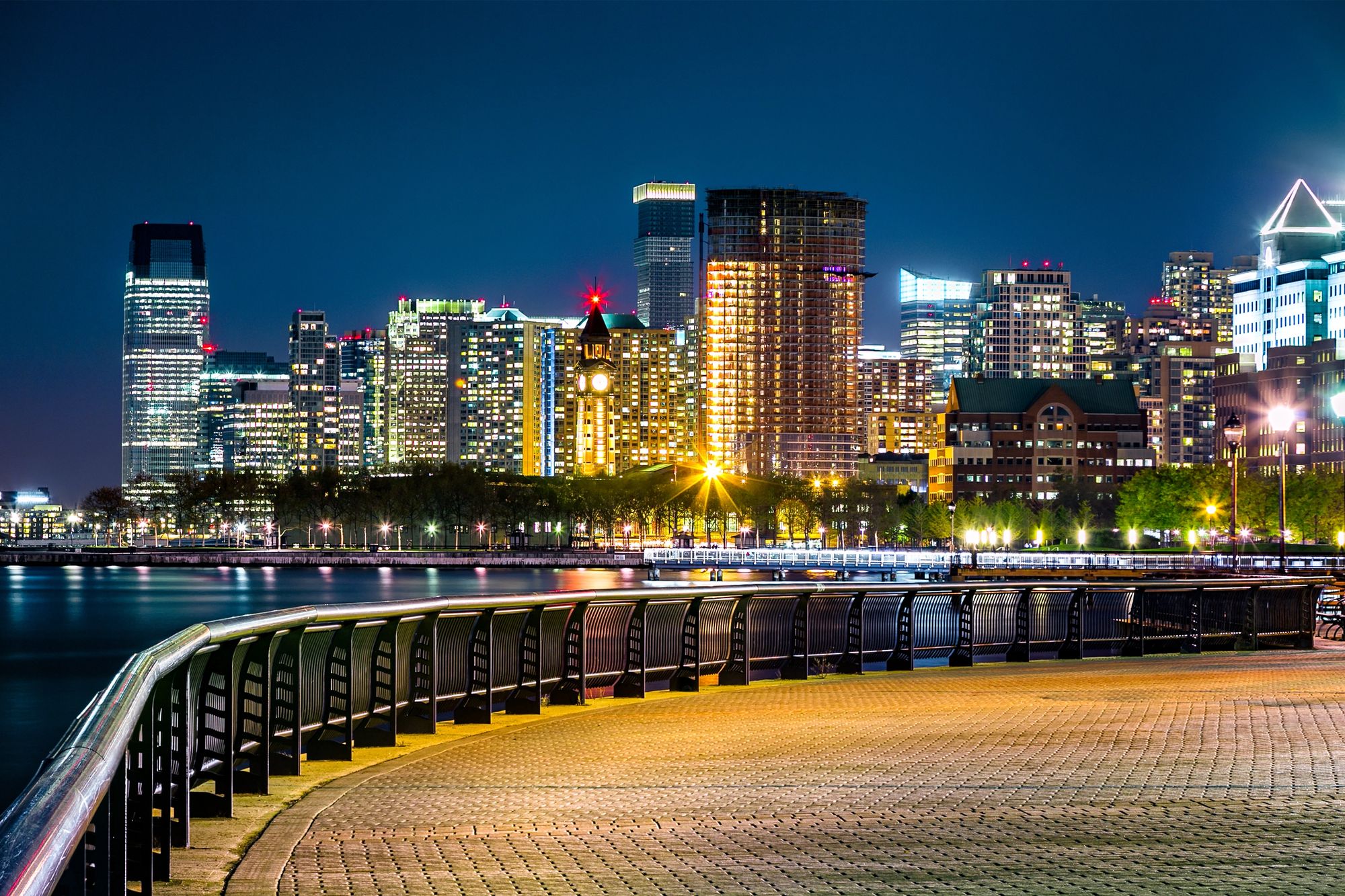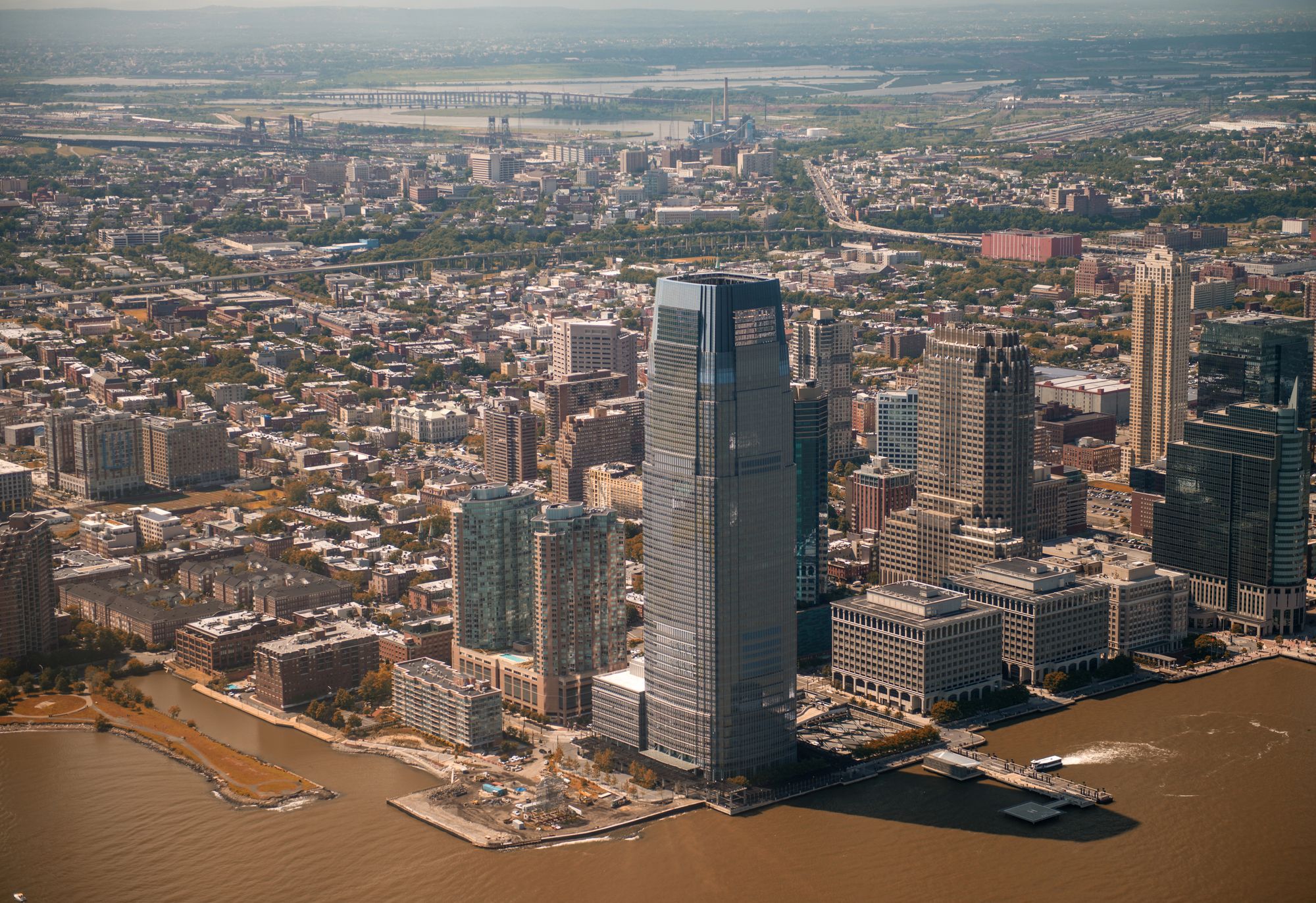One of Jersey City’s oldest and most storied medical institutions is closing its doors. Heights University Hospital, once known as Christ Hospital, will end full hospital operations after 152 years because of deep financial troubles and a lack of steady state support.
Starting this Saturday, the facility shifts to a stand-alone emergency department and support center. Years of mounting losses, failed restructuring, and fewer patients have brought local healthcare to a turning point.
Easy booking across hundreds of accommodations from luxury high-rises to unearthed brownstone treasures.
Browse Accommodations Now
A Historic Institution Meets a Painful End
Christ Hospital opened in 1872 and served generations of Jersey City residents before becoming Heights University Hospital. For decades, it was a trusted provider, offering critical care to everyone, regardless of their ability to pay.
Despite its long legacy, the hospital struggled with money for years. Restructuring plans and repeated requests for state funding didn’t solve the problem.
The Struggle for Financial Survival
Hudson Regional Health, which owns the hospital, reported losing $1.5 million every week—even after pouring over $300 million into operations. CEO Dr. Nizar Kifaieh said they reached out to the governor’s office several times but couldn’t secure long-term funding.
The New Jersey Department of Health gave $2 million in October to help with payroll. Still, Hudson Regional couldn’t meet its court-approved restructuring promises, leaving the hospital in a tough spot.
Employees heard more bad news: paycheck delays because there just wasn’t enough cash. The hospital workers’ union even called the closure “illegal,” accusing management of breaking labor and health rules.
Find available hotels and vacation homes instantly. No fees, best rates guaranteed!
Check Availability Now
Community Leaders Push Back
Local officials like Councilman James Solomon pushed for state intervention. Some even suggested an injunction to stop the shutdown.
The Department of Health pointed to low patient numbers as a reason why such action wouldn’t work. That explanation frustrated many residents, who see the closure as a huge loss for local healthcare access.
Future of the Site and Potential Redevelopment
Hudson Regional Health has floated ideas for redeveloping parts of the hospital property, including possible housing projects. But changes to city zoning laws might block or complicate those plans.
Jersey City now faces a crossroads: protect community resources or move ahead with new urban development?
The Economic and Social Impact on Jersey City
Hospital closures can ripple through neighborhoods, affecting not just healthcare but also jobs and the character of the area. Hundreds of workers will lose their jobs, and emergency care systems will feel the strain.
Residents who’ve depended on the hospital for years will have to look elsewhere for care—maybe even outside the city. That’s a tough pill to swallow for many families.
Adapting to the Changing Healthcare Landscape
Jersey City keeps growing and changing, and healthcare facilities have to keep up. The closure really highlights how important it is for hospitals to stay financially stable while serving the public.
It also leaves a big question: how will medical care reach neighborhoods that already struggle with access?
Planning Your Visit: Healthcare and Hospitality in Jersey City
If you’re visiting or new to the city and worried about healthcare, you’ll still find urgent care clinics and emergency rooms throughout Jersey City. Staying near medical resources can give you some peace of mind.
Popular Jersey City hotels are close to these services. If you’re wondering where to stay in Jersey City, you might want to pick a spot near transportation hubs and emergency clinics—just in case.
Exploring the City Beyond Healthcare
Sure, the hospital’s closure stings. But there are still tons of things to do in Jersey City that show off the city’s energy—think cultural festivals, waterfront parks, and lively shopping or dining spots.
If you’re coming from out of town, getting to Jersey City isn’t complicated. PATH trains, ferries, and bus lines all make it pretty simple to check out historic landmarks or wander through the city’s diverse neighborhoods.
Residents are still figuring out how to move forward without a full-service community hospital. Jersey City keeps changing, trying to balance new development with hanging onto its history.
Find the perfect hotel or vacation rental. Instant booking, no fees!
View Top Stays
Here is the source article for this story: N.J. hospital says it can’t pay employees, must close after 152 years





